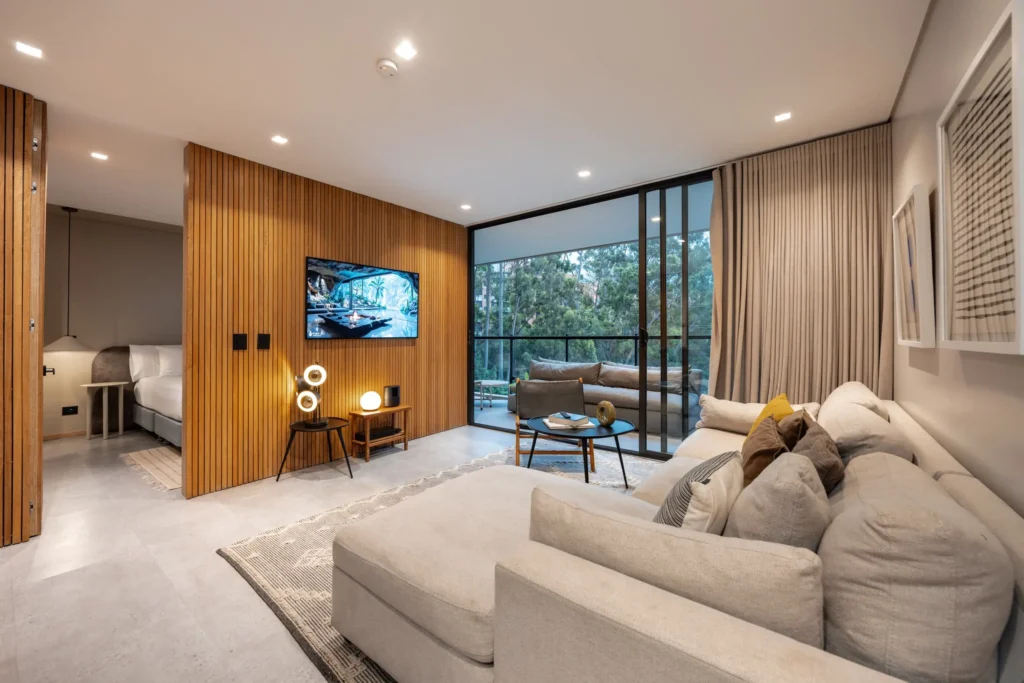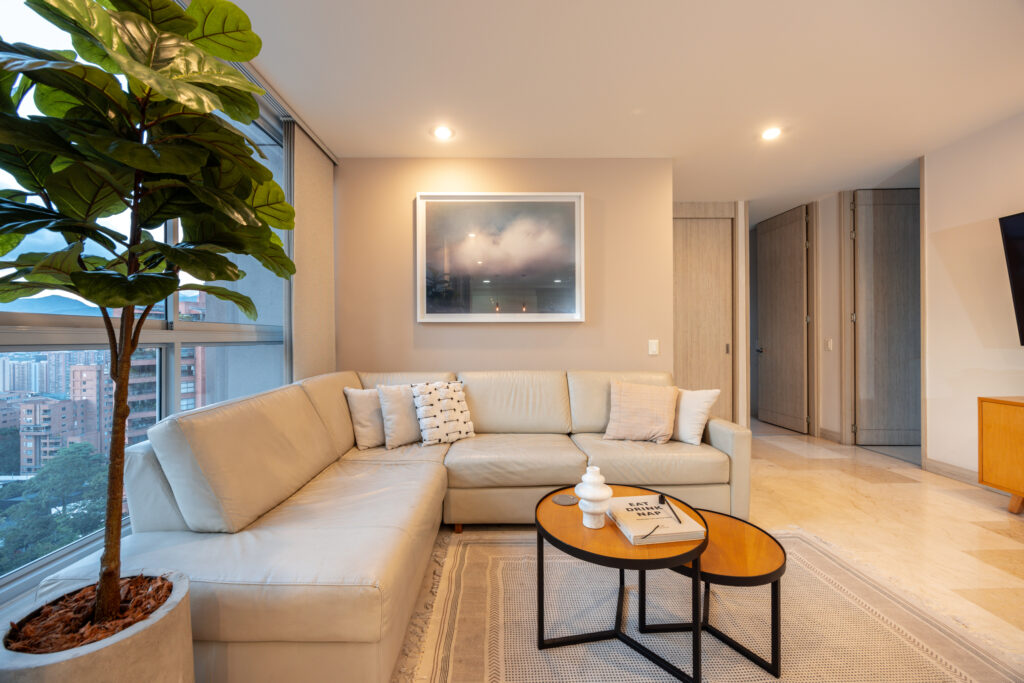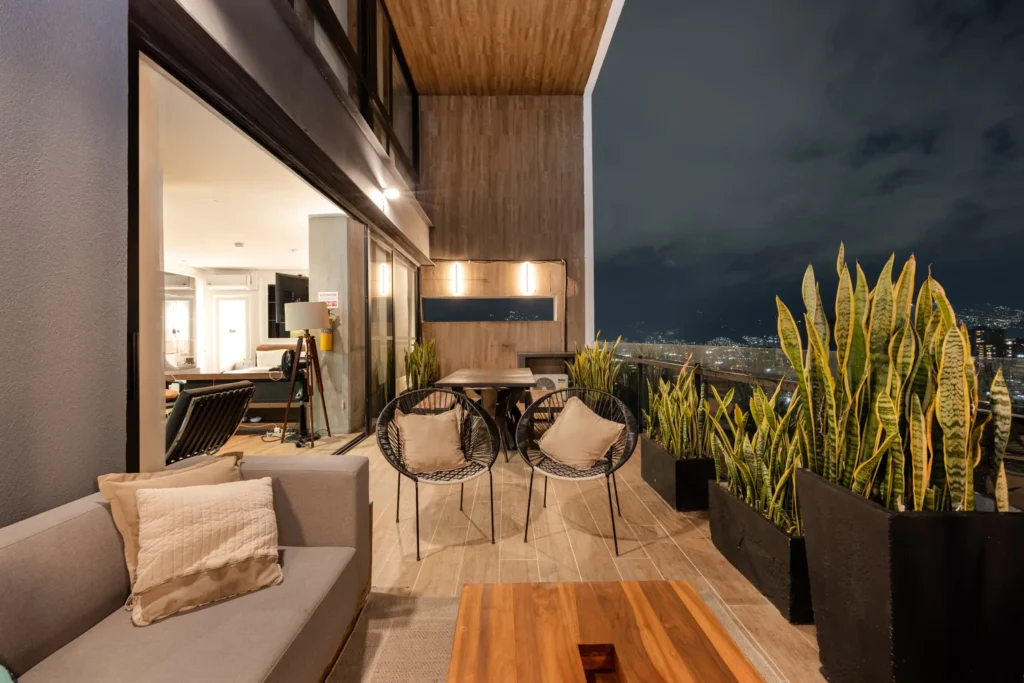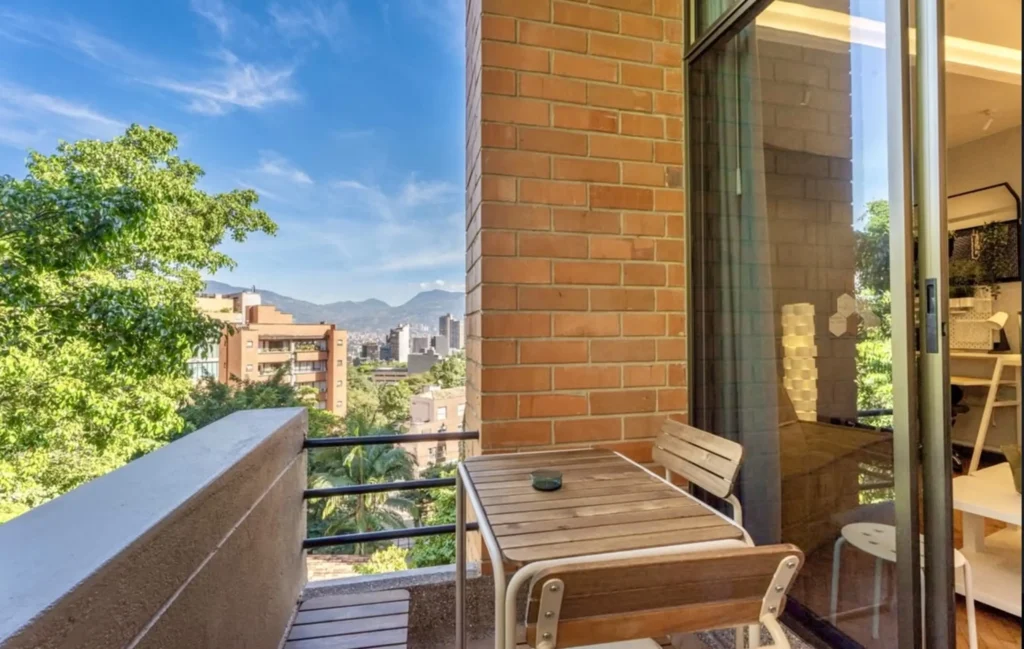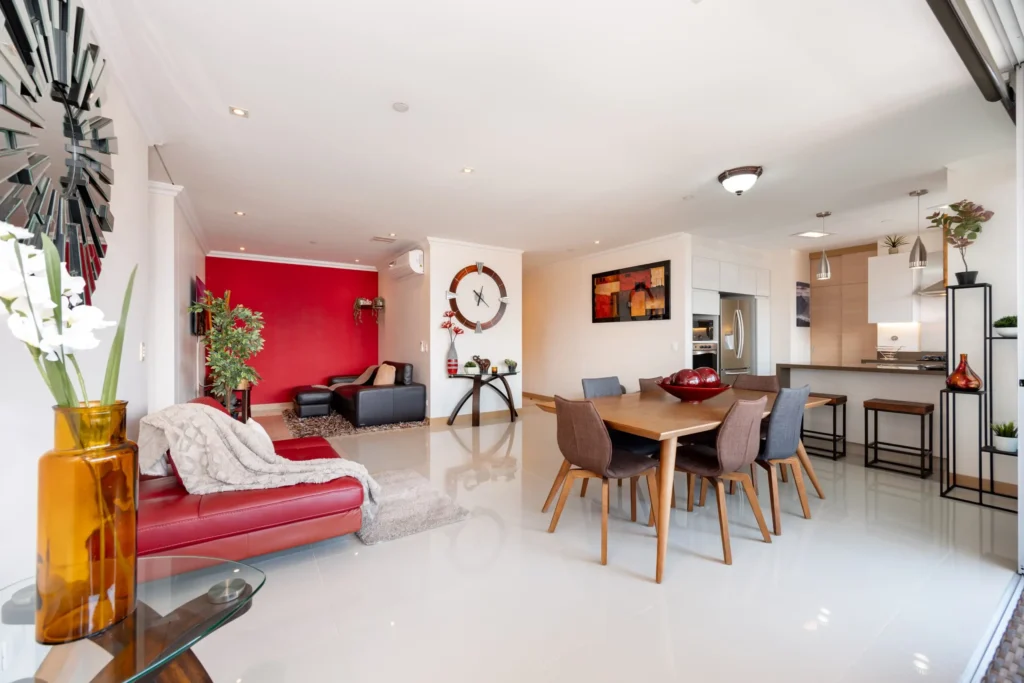TLDR? Colombian addresses follow a different format than in most European countries or the US.
Did you know that more than 20 million postcards are sent every year? These postcards are mailed to tons of locations around the world – including to Colombia!
However, anyone who has ever tried to send something to Colombia via mail knows that the addresses here don’t work the way that they do in the U.S or Europe. This can leave you second-guessing whether your letter will actually make it to its destination.
So, if you’re planning on sending cards back home, you might need a bit of help deciphering the Colombian address system.
Keep reading to learn how to address your postcards when sending them to and from Colombia.
How Does Colombian Street Nomenclature Work?

The first thing to know about street addresses in Colombian cities is how they are named. There are several different types of streets that you might see around the city, including:
- Carrera (Cra. or Kra.)
- Calle (Cl. or Cll.)
- Digaonal (Diag.)
- Avenida (Ave.)
- Avenida Calle (AC.)
- Autopista (Aut.)
- Carretera (Crt.)
- Vía
- Camino (Cn)
- Circular (Cir)
You may see several other street names not listed, too. However, these are the more common street types you’ll see around Colombian cities.
On top of that, make sure that you double-check whether or not a street has multiple names. For instance, in Medellín, Carrera 43A is more commonly referred to as Avenida Poblado, which can be confusing!
It’s also important to be aware that in rural areas, there might not be a street name associated with the address. In that situation, addresses are denoted using the nearest kilometer marker and the road on which a building is situated.
Pro tip: If you get lost, your best bet is to head back to Poblado. Not only is this where most Casacol properties are, it’s a central point from getting from A to B in the city.
How Do Colombian Zip Codes Work?

Now that you’ve got the street nomenclature down, let’s take a minute to talk about Colombian postcodes. This is one area where Colombian addresses differ greatly from American addresses.
In the United States, zip codes are an important part of an address. However, in Colombia, zip codes are rarely used. In fact, if you ask most people on the street they won’t know what their zip code is!
Reading a Colombian zip code is fairly easy, however, if you do end up needing it. The first two digits in the zip code indicate the department, the second two are the postal zone, and the last two digits indicate the neighborhood or postal district.
Pro tip: Colombians don’t actually use zip codes that often. You’re better off remembering what neighborhood you’re staying in, such as the Laureles neighborhood if you’re in Factory Lofts!
How Do I Write Colombian Street Addresses?
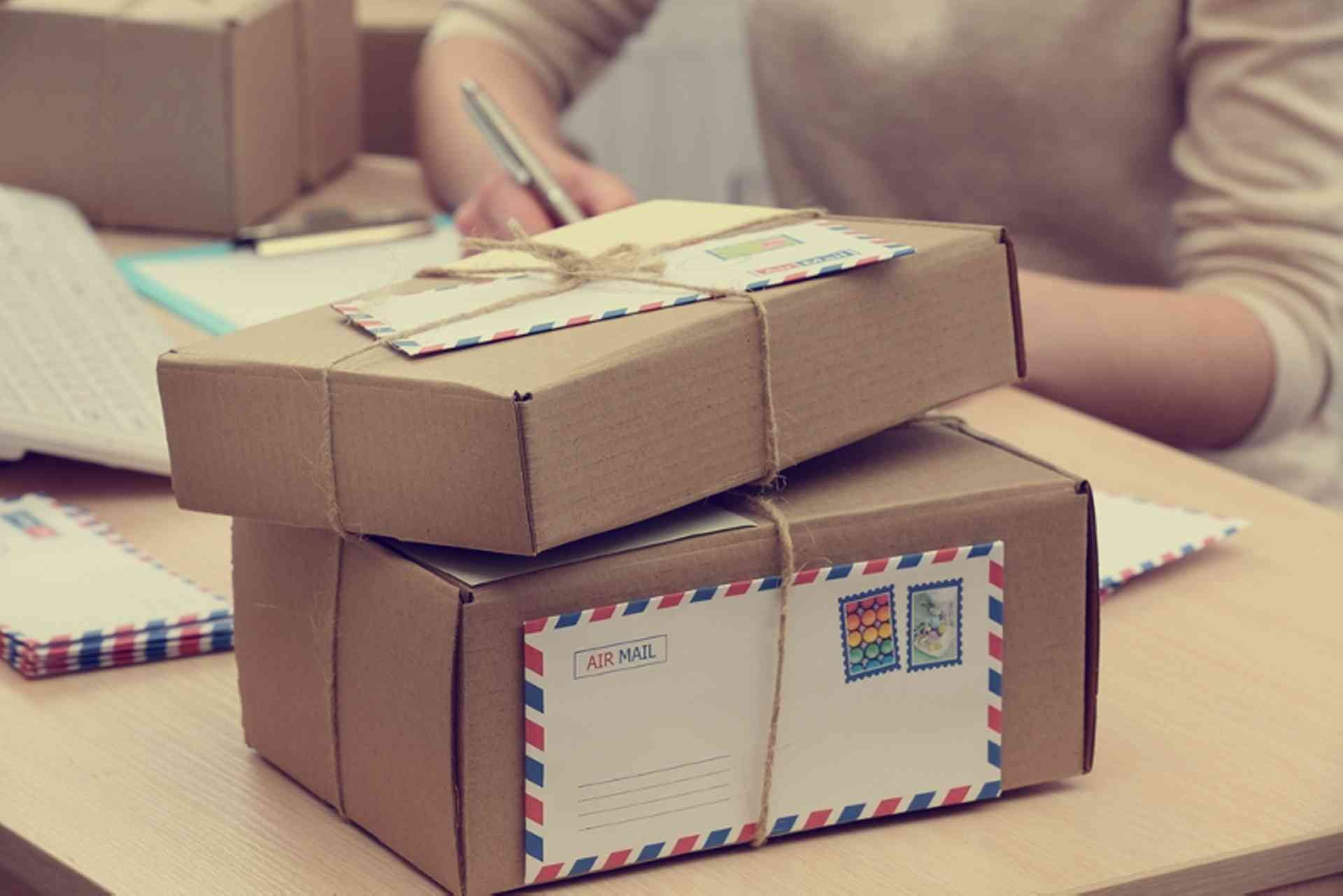
With zip codes and street names under our belts, it’s time to put everything together. Typically, when writing a Colombian address (for instance to a friend in Laureles), they will follow a very simple format.
To write a street address, you’ll start by writing the street name, followed by two numbers. The first number indicates the nearest cross street and the second number indicates how many meters the address is from the cross street.
So, for instance, Carrera 10 #56-25 means that the house is located on Carerra 10, 25 meters away from Calle 56.
It’s important to note that carrera indicates a street running from north to south and calle indicates a street running from east to west. Streets in major cities are laid out in a grid pattern, making it easy to determine what cross streets are likely to be named in a Colombian address.
How Do I Write Full Mailing Addresses?

So, are you ready to dive in and address your first postcard to another digital nomad living here in Colombia? Here goes nothing!
To address a postcard to a Colombian recipient, you’ll need to use the following format:
- Name: write the name of the recipient at the top of the address
- Street Address: include any apartment or unit numbers as well as torre if this applies
- Building Name: either write the name of the apartment building or casa and the corresponding house number
- Neighborhood, Locality, and Postcode: write the barrio, then the localidad, and finally the zip code
- City and Department: write the name of the city followed by the department
- Country: Colombia
- Phone number: include the recipient’s phone number below the address
For example, the card might read:
Jane Doe
Cra 6 #10-30, Apto 111
Edificio Paradiso
El Poblado 70000
Medellin, Antioquia
Colombia
When addressing your postcards, it’s important to note that including a zip code and a phone number aren’t necessary. However, doing so can help ensure your card makes it to its final destination.
What Are Some Pro Tips for Sending Mail to Colombia?
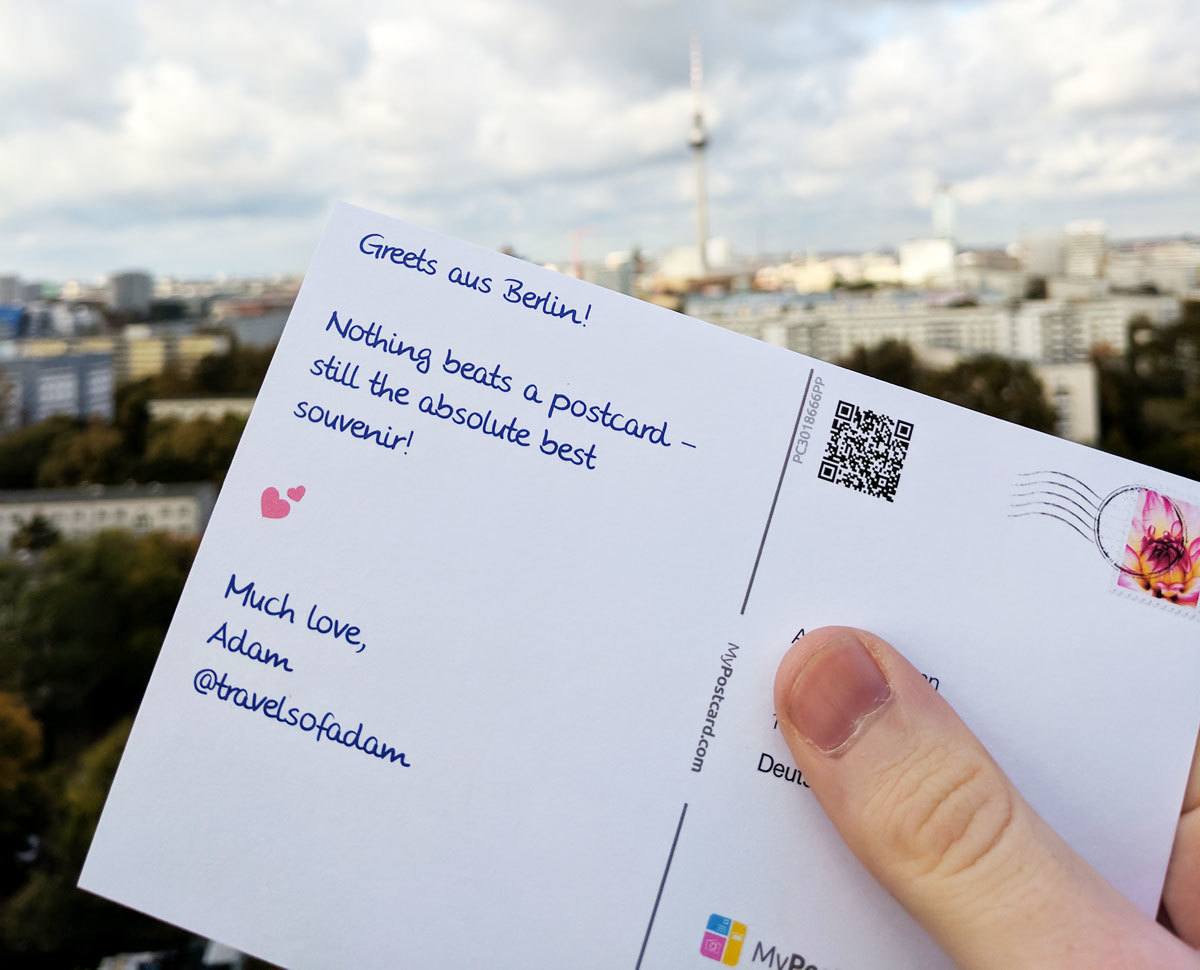
To make sure that your postcards actually make it to their destination, there are a few simple tips you can implement. Doing so will ensure that your recipients get to open some greetings from abroad and that your cards don’t get lost in the mail.
Get a Tracking Number
For one, always make sure to get a tracking number. You should do so whether using the national postal service, a private mailing company, or an international shipping company.
Double Check the Address
Secondly, also double-check whether the address is located on a calle or a carrera. These are two very different streets, and if you mix them up then you’ll be sending your holiday card to a completely different recipient.
Consider Mailing Directly from the Company
Sites like Amazon let you ship packages internationally and domestically. Often, these companies are more reliable than sending a package yourself! If you can, try sending your items directly through these companies.
Include a Return Address
Finally, always make sure to include a return address in the upper left-hand corner. That way, if your card can’t be delivered, it will at least be sent back to you so that you can try again.
What to Know About Colombian Addresses

Understanding how their addresses work is important before we give you all the details you need about mailing to Colombian locals.
If you’re traveling in countries with English as the primary language, you’ll commonly use boulevards, lanes, streets, drives, and avenues to know the location’s exact address. It’s completely different in Colombia.
Colombia uses two words in locating addresses: calle and Carrera. Calle means street, while Carrera translates to an avenue. Basically, Colombia’s calle and Carrera are across each other, and they are almost always perpendicular.
As you go further north in Colombia, Calle numbers go up and down when you travel further south. On the other hand, Carrera numbers go up as you travel to the west and go down when you head towards the east! But don’t get fooled. Street names can get pretty confusing at the start.
For instance, don’t expect only four city blocks between Carrera 50 and Carrera 46. Look it up on Google, and you’ll see there are more than just four. This is because of emerging new neighborhoods and their corresponding street locations.
The next time you decide just to walk to reach two nearby locations, check them out on Google Maps first. You don’t want to end up walking for an hour to reach those two points, do you?
The Truth About Zip Codes
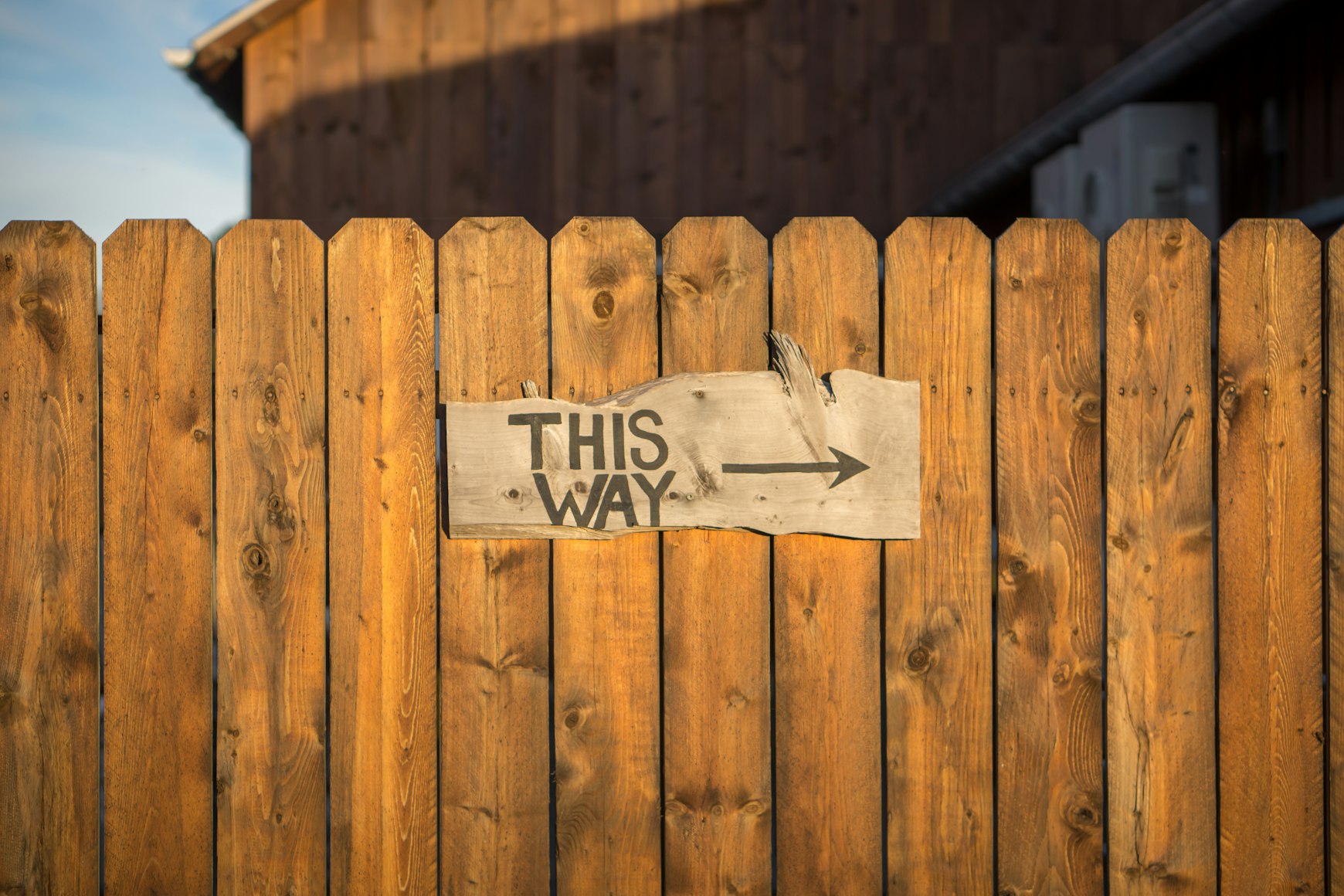
Another fact about Colombian addresses is that zip codes aren’t common at all! In fact, it was only in 2009 when 472, Colombia’s national postal service initiated a zip code campaign. This zoned the entire country to encourage the locals to use zip codes when writing their addresses.
That also means you can freely look it up on the 472 website when looking for a specific zip code. Don’t attempt asking a fellow Colombian because it’s very rare for a local to know any postcode, even his residence’s!
The Best Mobile Apps to Find Colombian Street Addresses

Mobile apps are helpful when you want to locate a specific address at your convenience. And with the rise of various tech tools, we generally suggest using two mobile apps when visiting Colombia: Waze and Google Maps.
Google Maps
Google Maps is undoubtedly the key to your navigation issues in Colombia. It’s even more fascinating to find out that this app is almost hundred percent accurate in this country. Tourists love using Google Maps to reach their destinations, especially when walking.
Another benefit of Google Maps is that it’s fairly easy to use. Plus, you can quickly locate the specific address you’re looking for and the best directions to get there.
Waze
Waze is a better suitable mobile app when you’re looking for specific Colombian addresses on the road. What we like about this app is that it gives you an estimated arrival time, considering roadblocks, accidents, and heavy traffic.
Additionally, because several drivers are Waze users, you can find communities of drivers feeding information into the mobile app’s backend. This makes it easier for the app to look for faster alternative routes to reach your desired destination on time.
Colombian Mail Service: Certified Vs. Normal
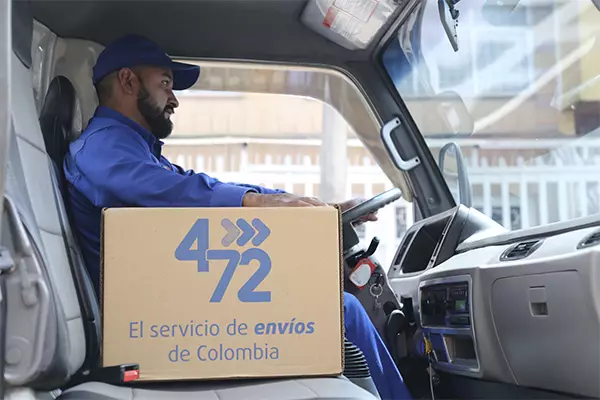
The two main kinds of Colombian mail services differ on the duration when you’d get the mail.
If you need the letter to reach the person the fastest possible, go for Correo Certificado. The certified mail service allows tracking your letter, especially when it does not arrive on the targeted day.
On average, sending mail from Colombia to Europe or US takes ten to twelve days. But it can cost around 9000 Colombian pesos.
If you don’t want to spend that much, there’s the normal mail service. It’s cheaper and only costs around 2600 to 3600 Colombian pesos for mail reaching US and Europe, respectively.
Street Maps in Colombia

We know using street maps and pretending you’re on a treasure hunt can be entertaining. Unfortunately, physical street maps are rare in Colombia. You won’t see them being sold in local convenience stores like in other countries.
However, you can check the country’s local tourist offices if you want to get a street map as a souvenir. Some of the tourist offices where I got city maps include San Carlos, Cartagena, Pereira, and Medellin.
Along Avenida Poblado in Medellin, you can also purchase the city’s large street map, specifically in the Panamericana bookstore.
Other Helpful Tips
Aside from using helpful apps and learning the difference between Calle and Carrera, here are other helpful tips for writing and addressing the Colombian Address System:
- You must always include the “barrio” or the neighborhood when writing the address.
- Buildings and residential houses usually have multiple entrances in Colombia. When writing mail, always specify which entrance you want the letter to reach.
- You can also use famous buildings or nearest landmarks as reference points when you want to write to specific hard-to-find addresses.
- When someone asks for directions, we recommend using cardinal directions south, north, east, and west. Landmarks are also helpful for navigation.
- Use the correct postage for international mail and packages to Colombia according to your item’s size and weight
Send Mail to Colombia With Ease
With a bit of understanding, sending holiday cards to Colombia is a breeze. In fact, once you get the basics of addresses in Colombia, they might seem simpler than American addresses!
Looking for pro tips on how to navigate Medellín? Subscribe to our monthly newsletter to get insider knowledge on everything that goes on in the City of Eternal Spring!

